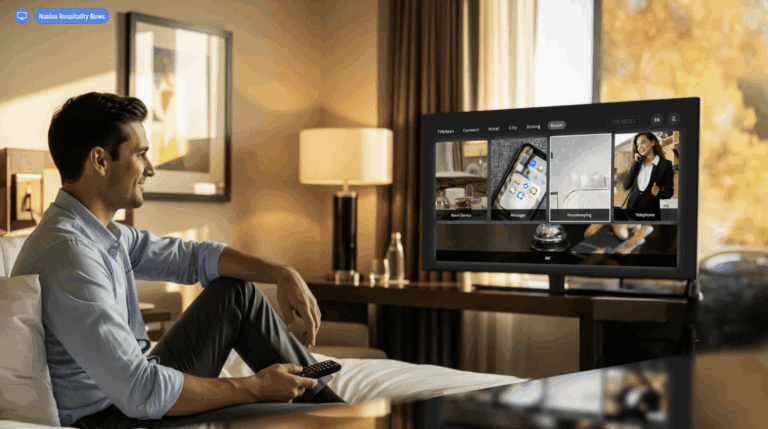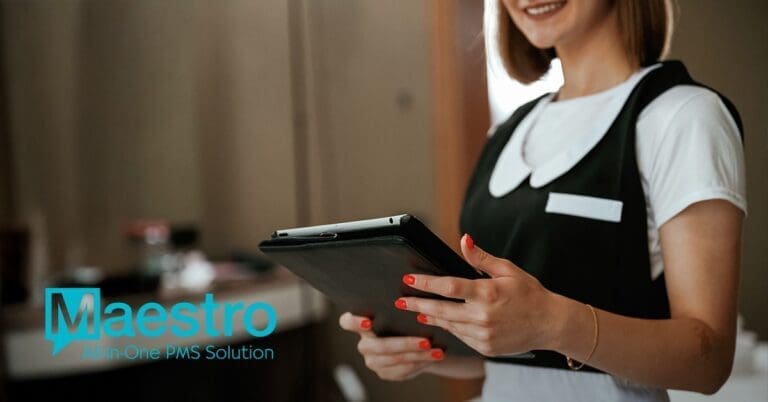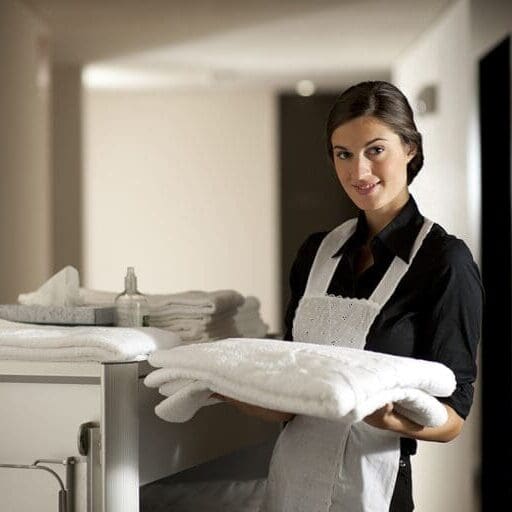 Housekeeping opt-out credits are gaining popularity amongst hotels as they represent a way for properties to both cut costs associated with cleaning a room every day and ‘go green’ while also meeting the modern demand for further guest privacy. However, there could be a lurking problem with these programs that must be considered before implementation at your hotel.
Housekeeping opt-out credits are gaining popularity amongst hotels as they represent a way for properties to both cut costs associated with cleaning a room every day and ‘go green’ while also meeting the modern demand for further guest privacy. However, there could be a lurking problem with these programs that must be considered before implementation at your hotel.
As background for those who aren’t fully up to speed, the idea here is that many travelers nowadays do not want or need cleaning services for the time they are staying at a hotel—especially amongst business travelers who are only sparsely utilizing the room over the course of a one or two night stay— so properties are now offering guests a paltry credit for opting out of housekeeping that can be applied to other operations like F&B, the gift shop, loyalty points or resort amenities.
Forgoing the daily room attendant process is good for the environment because fewer sheets or towels to wash means saving energy in the laundry. Many hotels already have a card system in place whereby guests can place notices around the room to advise housekeepers to leave linens in place or for towels in the bathroom, so a full opt-out is a natural extension of this. Additionally, such programs ensure that no housekeepers are overworked as they will have fewer rooms overall to clean, while ultimately fewer rooms mean reduced shift and staffing requirements.
This ‘a la carte’ service model is a noble effort, and indeed it offers a worthy incentive for both managers and customers that’s quite in line with the mood of the times. But, such service models may have long-term repercussions in that a housekeeping opt-out—no matter the compensatory lure—removes one of the core sales propositions of a hotel guestroom.
To understand the subtleties of the situation, take a moment to step back and think broadly about what the core of hospitality truly is. Is it merely ‘heads in beds’? Is it attentive and prompt service with a smile? Or is it a diligent care for each guest to ensure that they are better off when they leave than when they arrive?
I’d argue that the innermost nadir of the core of hospitality is a feeling—an emotional state of mind that we give to our guests. We want them to leave happy, refreshed, nourished and a myriad of other positive modifiers for which I’m sure you already have plenty that comes to mind. Importantly, to render these emotional states, hoteliers utilize specific services, each designed to make our customers feel a certain way.
Friendly clerks at the front desk put guests at ease because they know their individual requests will be diligently handled. Likewise, our numerous security protocols make visitors feel safe. And the housekeeping department, with its scrupulous standard operating procedures, imparts guests with a restorative sensation. The point of a hotel room is to be better than a guest’s regular domicile—and one of the main reasons why hotels are aspirational in this regard is because the rooms are cleaned daily. Just think: how many of you clean your entire bedroom each and every day?
Aside from the base hygienic benefit for guests, having a roving army of room attendants provides several other important benefits that may go overlooked. A threadbare housekeeping department poses a severe security risk as, aside from their primary role as cleaners, these team members also act as the eyes and the ears of your property’s corridors, making sure that guests aren’t injured or distressed, watching out for suspicious characters and inspecting rooms to ensure that they are being used for their intended purposes instead of – to cite one of the more outrageous instances – being converted into temporary drug labs!
To circle back to the primary argument in favor of creating a positive emotional connection with customers, our room attendants also represent another physical touch point with guests. In today’s era of disruption where hotels are gradually losing out to alternate forms of accommodations, it is critical to maintain as many elements of guest interaction as possible, so that our properties are memorable and so customers stay loyal.
Ultimately, it is your decision as to whether forgoing housekeeping for onsite credits will be advantageous to your specific hotel or not. Such a program can be immensely profitable as guests may be happy to trade, say, housekeeping every other day for a $5 food credit. It ultimately depends on your brand, the type of property and what your guests want, so please keep my warning in mind regarding what you stand to lose if you deemphasize this fundamental hospitality service.


















